

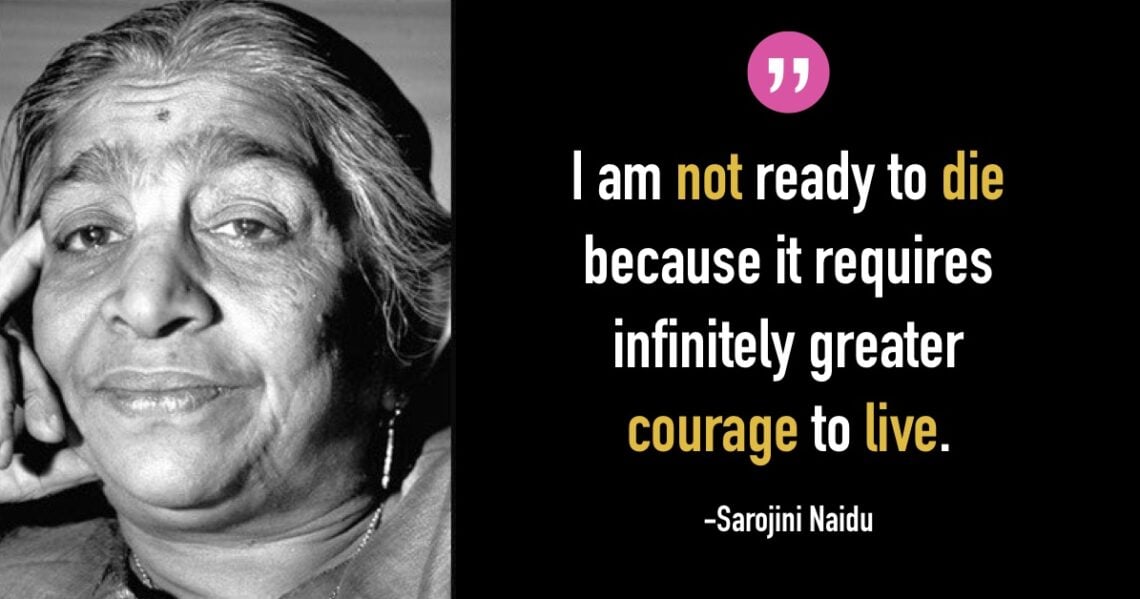
Sarojini Naidu is considered as one of the most influential figures in Indian history, known as "The Nightingale of India". As a poet, political activist, and Mahatma Gandhi's disciple, she played a vital role in the country's fight for independence. Through her contributions in politics, she became the first female governor of an Indian state and the first Indian woman to lead the Indian National Congress. Her leadership and poetry inspired women around the world and paved the way for future generations to have a voice in society.
Introduction:
Sarojini Naidu, a prominent figure in Indian history, earned the endearing title, "The Nightingale of India." Her contributions as a poet, political activist, and close associate of Mahatma Gandhi made her a symbol of courage, determination, and literary excellence.
Background:
Born on February 13, 1879, in Hyderabad, India, Sarojini Naidu showed a remarkable talent for writing and recitation from an early age. Her father, Aghorenath Chattopadhyay, was a Bengali scientist, while her mother, Varada Sundari Devi, was a renowned singer and poet. Encouraged by her parents, Naidu became a renowned poetess in her teens.
Political Activism:
Sarojini Naidu's journey as a political activist began in 1905, when she joined the Indian National Congress. She became a staunch supporter of Mahatma Gandhi and his principles of nonviolence and civil disobedience. Naidu actively participated in the freedom struggle, leading protests and mass rallies, particularly in the wake of the Jallianwala Bagh massacre.
Literary Career:
Along with her political involvement, Sarojini Naidu was also a prolific poet. Her writing style was known for its lyrical beauty, vivid imagery, and themes of patriotism, love, and nature. Some of her most famous works include "The Broken Wing" and "The Bird of Time." Naidu's poems inspired countless Indians and played a significant role in awakening nationalistic sentiments during the freedom struggle.
Leadership Roles:
In the 1920s, Sarojini Naidu became the first female governor of an Indian state, Uttar Pradesh. She also served as the first Indian woman president of the Indian National Congress in 1925. Her leadership and commitment to social justice and women's empowerment made her a role model for generations of Indians.
Later Life and Legacy:
Sarojini Naidu continued to be an influential figure in Indian society until her death in 1949. She is remembered as a poet, freedom fighter, and a symbol of women's empowerment. Her legacy continues to inspire aspiring writers, activists, and change-makers in India and beyond.
FAQs:
1. What was Sarojini Naidu's most famous poem? A. The Broken Wing
2. Who was Sarojini Naidu's mentor? A. Mahatma Gandhi
3. Which Indian state did Sarojini Naidu govern as the first female governor? A. Uttar Pradesh
4. When did Sarojini Naidu become president of the Indian National Congress? A. 1925
5. What is the significance of the title, "Nightingale of India"? A. It refers to her melodious voice and her ability to inspire people through her poetry.
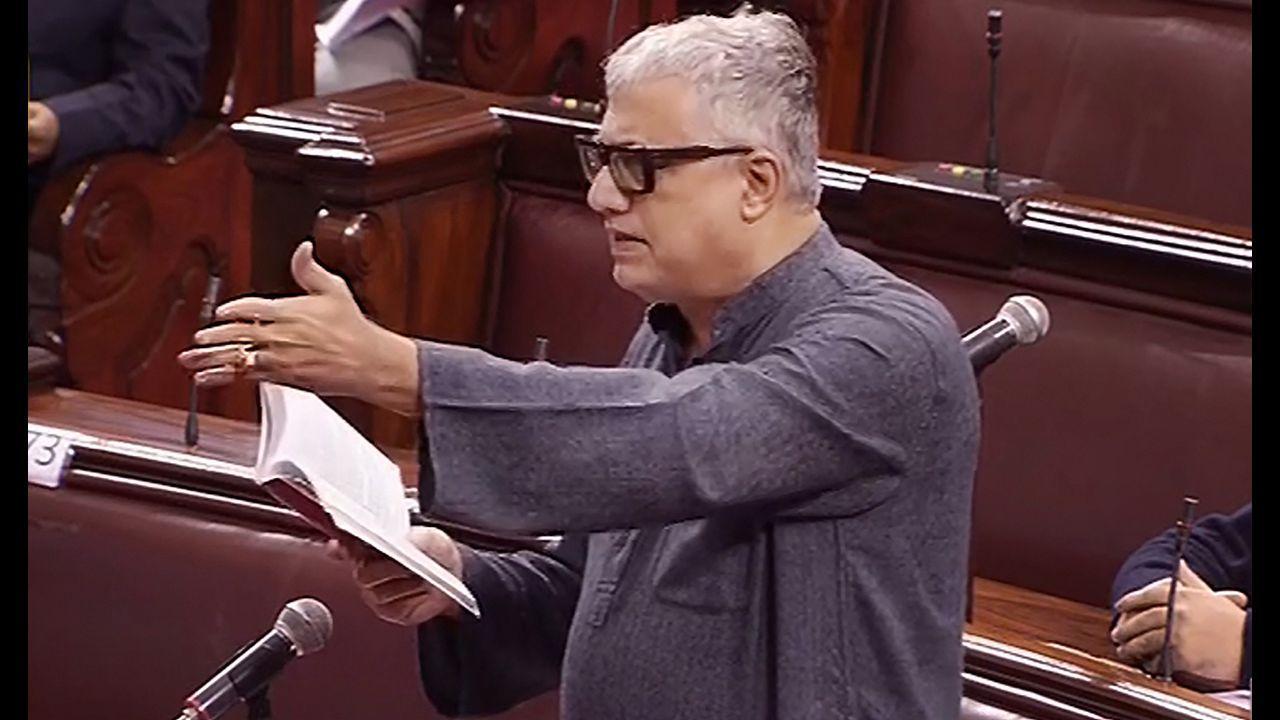
TMC MP Sushmita Dev has raised concerns over the Joint Parliamentary Committee (JPC) report on the Waqf Bill in the Rajya Sabha, claiming that the dissent note was censored with the use of "black ink or white paper." She questioned the state of democracy in the country, stating that all opinions must be visible for it to be considered democratic. The JPC report was presented in the Rajya Sabha amid chaos and opposition MPs protesting against the bill, leading to multiple adjournments.
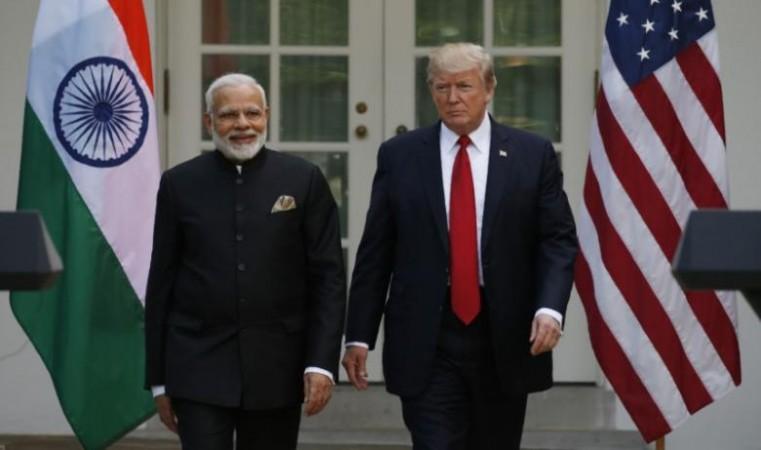
The Congress party has raised issues of the recent deportation of Indian citizens from the United States in an "inhuman manner" and questioned Prime Minister Narendra Modi's actions during his visit to meet with President Trump. They have posed questions about whether PM Modi will convey India's outrage and take action to prevent similar situations in the future. However, PM Modi's visit also showcases positive aspects such as cultural exchanges, as seen in his gifting of traditional artworks and toys during his stop in France.
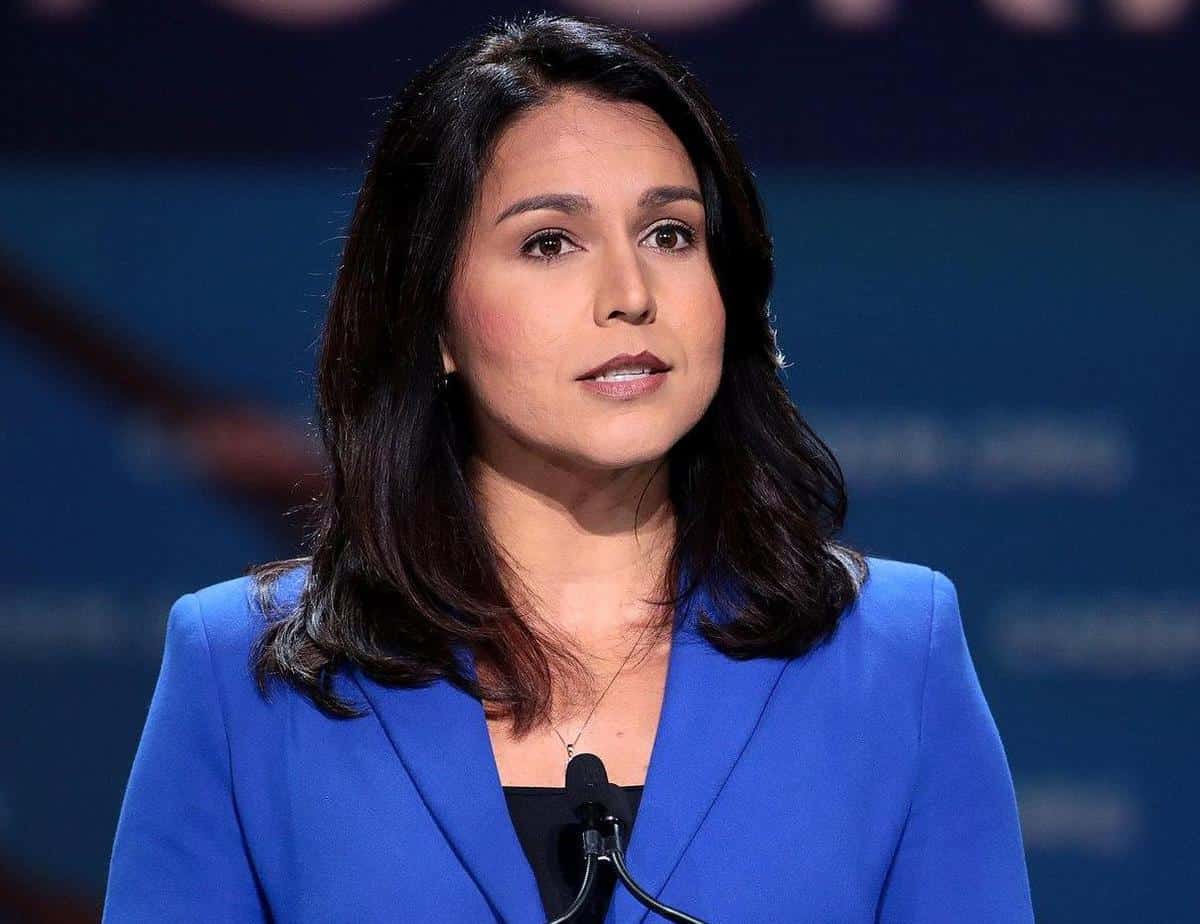
Tulsi Gabbard, a war veteran and former US Congresswoman from Hawaii, has been appointed as the Director of National Intelligence in the Trump administration. As she takes on this new role, an old video of her military training has resurfaced on social media, showcasing her skills in shooting and carrying out military tasks. Gabbard served in the military over 20 years ago and remains a major in the US Army Reserve.
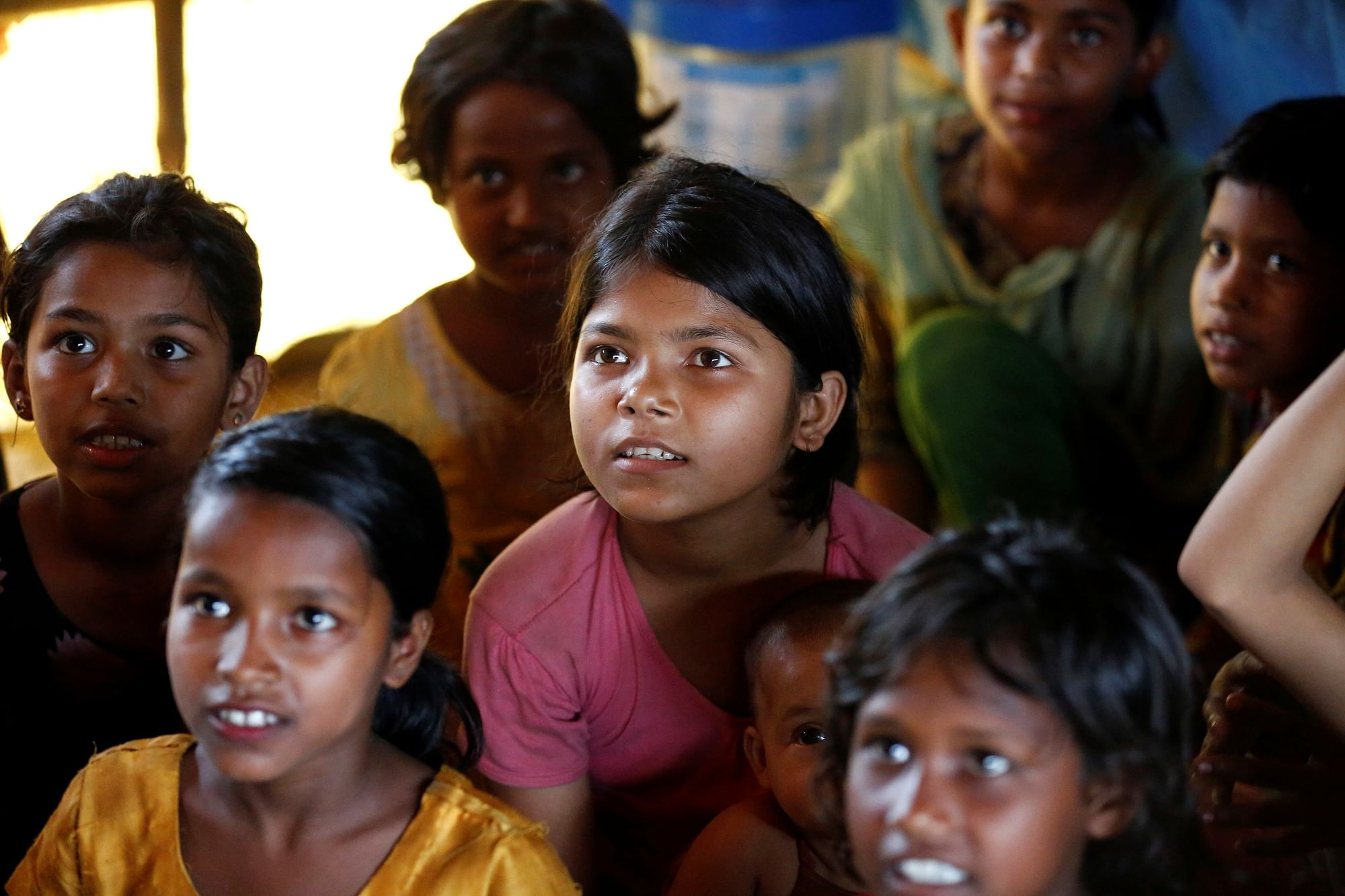
The Supreme Court, in a public interest litigation, has sought information on the residential status of Rohingya refugee families in India. The court emphasized that education should be provided to all children without discrimination, but first needed to determine the families' status of residence. The court is also open to considering the issue of access to public hospitals for the Rohingya community. Senior Advocate Colin Gonsalves, representing the petitioners, provided the court with information on the number of refugee families in specific areas but was asked to provide more details and proof of residence.
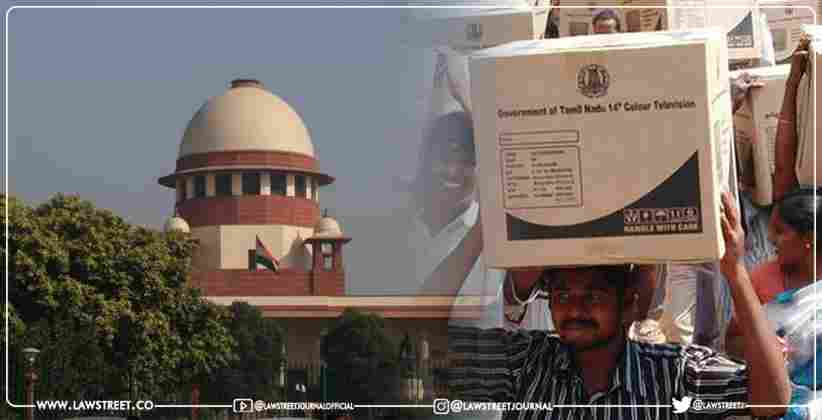
In a hearing on a plea for homeless shelter homes, the Supreme Court criticized the practice of announcing freebies by governments and political parties ahead of elections. The court highlighted that this approach is leading to a lack of willingness to work, particularly in states like Maharashtra where the labor force is drying up. The counsel argued that these policies only benefit the rich, while Justice Gavai cautioned against making political speeches in court and stressed the need to make the poor a part of mainstream society.

The Jackson Hole News & Guide has caused controversy by reporting on an ongoing ICE raid and providing Spanish translations for the article, which some consider to be a tip-off to the targeted individuals. This incident has raised concerns about media ethics and the role of journalism in immigration enforcement. Meanwhile, border czar Tom Homan has issued a warning against leaking information about ICE stings, adding another layer to the debate about privacy and transparency in immigration enforcement.
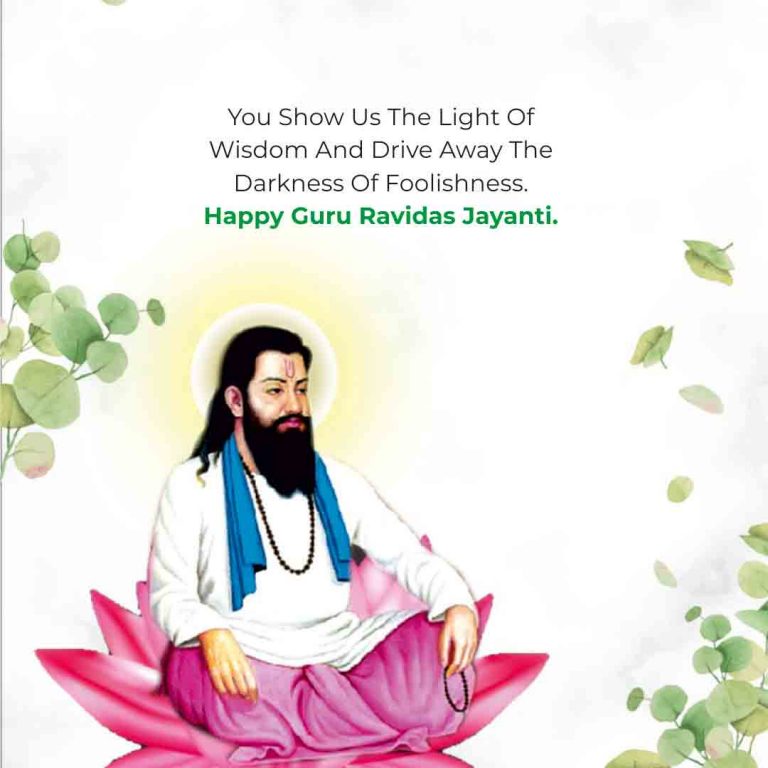
Leaders from various political parties extend greetings and honor the teachings of revered saint Guru Ravidas on his birth anniversary. Observance of the occasion has led to the declaration of public holidays in several states, including Punjab, Haryana, and Uttarakhand. The day is marked with messages of social harmony, brotherhood, and service to humanity, as exemplified by the teachings of Guru Ravidas.

Indian Prime Minister Narendra Modi's annual initiative, "Pariksha Pe Charcha," which focuses on helping students navigate exam stress and build leadership skills, will include an episode dedicated to mental well-being with Bollywood actress Deepika Padukone. PM Modi has reshared the teaser of the upcoming episode featuring Deepika and acknowledged her passion for the topic, promoting it on his Instagram. The episode is set to air on February 12, 2025, and is part of a new format for PPC, which brings together notable personalities to guide students preparing for their board exams.
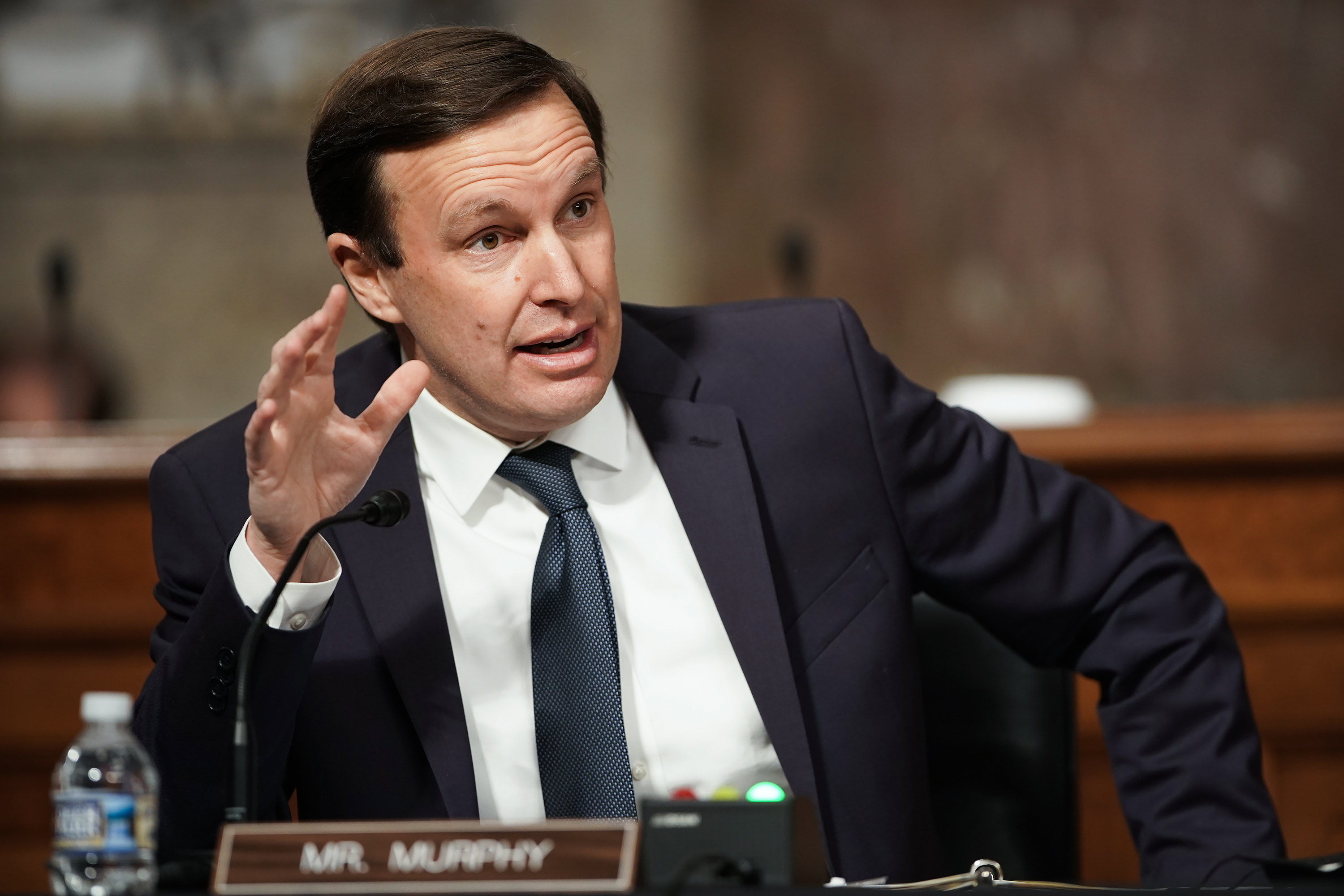
Senator Chris Murphy, a Democratic lawmaker from Connecticut, is gaining attention for his impassioned statements against President Trump's decision to close government agencies and withhold federal funding. Along with other Democrats, Murphy believes the country is facing a severe constitutional crisis and that the president is attempting to gain power for corrupt purposes.